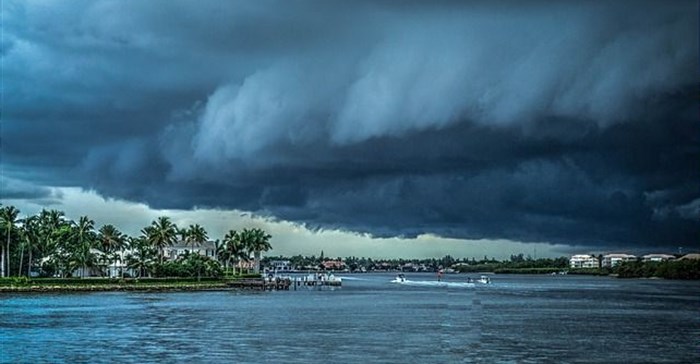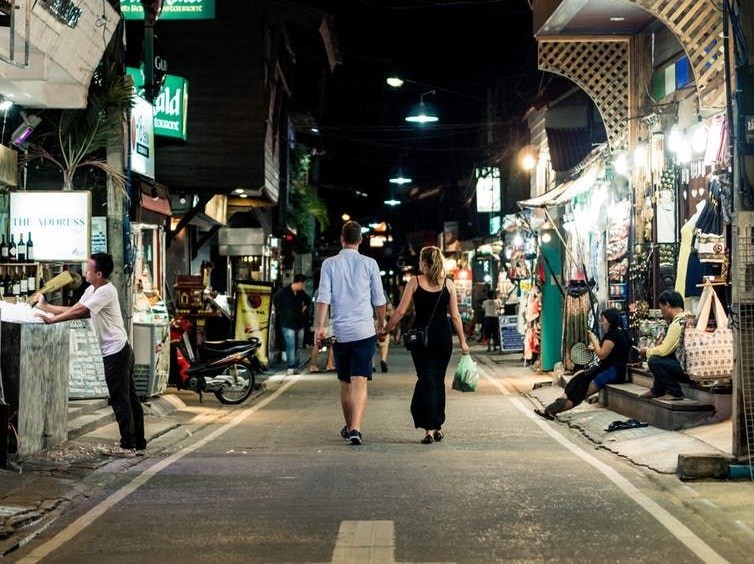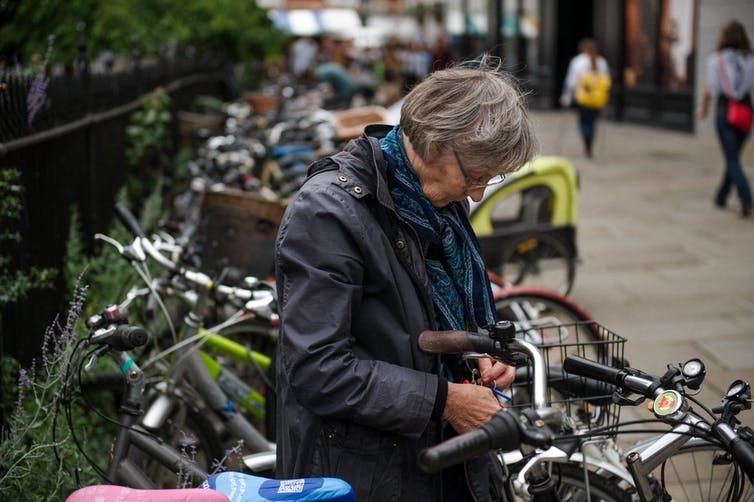Going travelling? Don't forget insurance (and to read the fine print)

Australians took more than 3.5 million trips to Asia in the past year. Indonesia (especially Bali), Thailand, Malaysia, Philippines, Vietnam, Singapore and Cambodia are the most popular destinations in the region. This is especially the case for young Australian travellers, who are attracted by low prices, the range of activities, and the easy-going lifestyle.
However, all international travel involves risks. You may have an accident or illness that lands you in hospital; you may even need to be repatriated to Australia. So it’s important to take out appropriate insurance for your trip.
Read more: What to claim for lost, delayed or damaged bags on overseas flights
No, the consulate won’t pay
In the late 1970s, travel insurance companies struggled to convince 50% of Australian international travellers to purchase travel insurance. Now around 90% purchase health insurance.
Travellers aged under 30 are much more likely to travel without insurance cover than any other age group. Around 82% of international travellers aged 18-29 have insurance.
Young men are more likely to refuse travel insurance than women. This is concerning because young men are more likely to engage in risky behaviour, such as riding motorbikes or risky drinking, and the peer pressure to take a dare remains strong. Some men, particularly those travelling in groups, imagine themselves to be bulletproof.

Some Australians still naively believe their government will bail them out if they become sick or are injured and aren’t covered by travel insurance.
But while Australian diplomatic legations can provide details of local doctors and hospitals in an emergency, they won’t pay for medical or psychiatric services or medications.
Check the fine print
Some insurance claims run to hundreds of thousands of dollars, especially if the person requires extensive treatment in an intensive care unit.
Most reputable travel insurance companies offer substantial medical coverage.
They generally provide unlimited cover for any illness or accident experienced overseas. This includes covering the costs of treatment, hospitalisation, medication, surgery and, if necessary, evacuation or repatriation.
Some cheaper policies may require travellers to pay an excess on their premium for unlimited medical coverage.
Travellers are covered for tropical diseases such as Malaria, Zika and other conditions which can be contracted while travelling.
Many adventurous travellers engage in high risk activities but these are not necessarily covered by travel insurance policies. Travellers who plan to ski, bungee jump, mountaineer, abseil, trek or engage in other risky activities, should choose your insurance cover carefully.
This Choice guide is a good place to start. It explains traps and exclusions that may apply to insurance cover for loss, injury or illness.
Few travel insurance companies will cover policy-holders for treatment related to pre-existing medical conditions, including pregnancy or heart attacks at any age.
Travellers who need medical treatment from injuries incurred while intoxicated by drugs or alcohol may also have their claims rejected.
Australians who are injured in a motorbike accident abroad may find their claims rejected if they don’t have a motorbike licence in Australia and especially if they aren’t wearing a helmet (even if it isn’t required in the country they’re riding in).

Insurance companies’ definition of a senior can range from age 50 to over 80, but in many cases premiums will rise from age 75.
Some travel insurance companies have more stringent fitness requirements and require more medical documentation for senior travellers, especially those who have previously had a heart attack.
Reading the fine print of an insurance policy or obtaining expert advice is one of the least glamorous aspects of travel planning but it’s an essential part of minimising risk for your trip.
Read more: Bali tourism and the Mt Agung volcano: quick dollars or long-term reputation
This article is republished from The Conversation under a Creative Commons license. Read the original article.
Source: The Conversation Africa

The Conversation Africa is an independent source of news and views from the academic and research community. Its aim is to promote better understanding of current affairs and complex issues, and allow for a better quality of public discourse and conversation.
Go to: https://theconversation.com/africa





